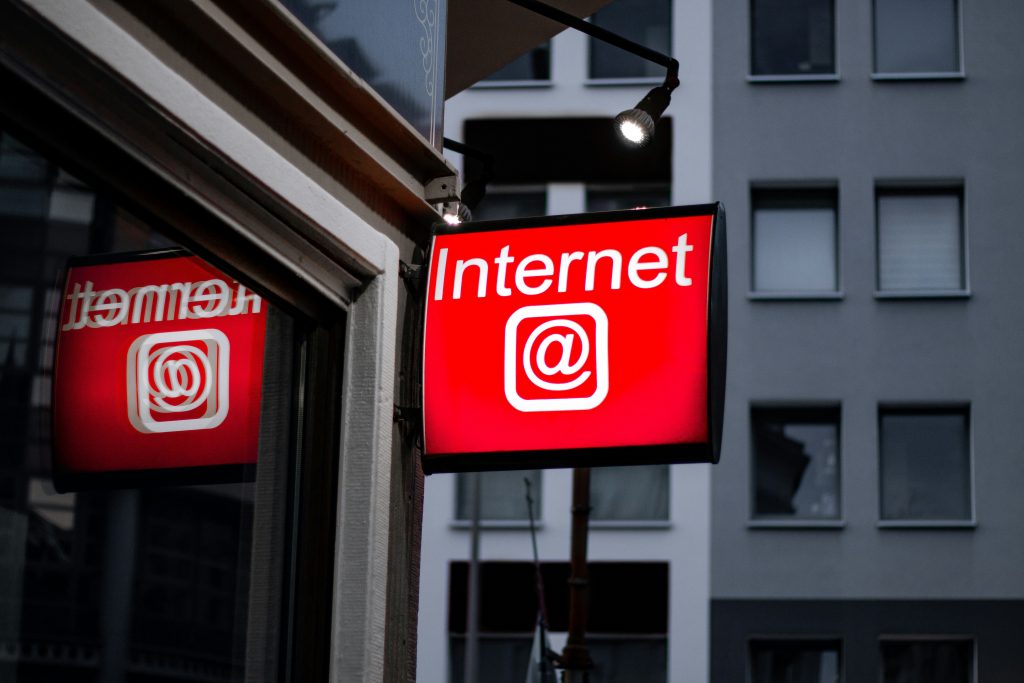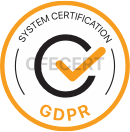Safer Internet Day was first celebrated in 2004 and has since grown into a global movement. It started as an initiative of the EU Safe Borders project, a consortium of organizations working together to improve internet safety, and was launched in 2005 by the Insafe network (a European network of safe internet centers).
Safe Internet Day is celebrated every year on the second Tuesday of February. In 2024, it falls on Tuesday 06 February. Safer Internet Day is celebrated in around 190 countries around the world.
In today’s rapidly expanding digital mix, the rising importance of cybersecurity highlights the potential risks we face as we navigate our interconnected world. It emphasizes the enormous opportunities the internet offers, but also the responsibilities that come with this experience.
“Every click you make on the internet is a footprint you leave in the past…”

Why is Safe Internet Day Important?
As our lives become intertwined with the digital world, the importance of online safety cannot be ignored. Here are a few key reasons why online safety is important:
- Safer Internet Day is important to ensure that the internet remains a safe and responsible place, to raise awareness of online dangers to individuals and communities, and to develop healthier habits in the digital world. Protecting personal information such as passwords and addresses helps prevent identity theft and fraud.
- Safer Internet Day is a reminder to increase digital literacy. It aims to raise awareness of individuals of all age groups, especially children and young people, about internet safety. It is critical that our children and young people are educated and aware in order to be safe in the digital world.
- Safe Internet Day emphasizes password security, protection of personal data and privacy. We should use strong passwords to protect our internet accounts and be very careful when sharing personal information. Online safety measures can reduce the risk of cyberbullying and ensure that the internet remains a positive space for communication and learning.
- Today, we should protect our privacy when using social media platforms and pay attention to the content we share. Safer Internet Day aims to raise awareness of social media users on this issue.
What can be done on Safer Internet Day?
Many different activities and practices can be carried out to celebrate Safer Internet Day with the theme “All together for a better internet”. Here are some suggestions for celebrating Safer Internet Day:
- Create Your Own Awareness: Familiarize yourself with online risks and security measures. Knowledge is the first line of defense against online threats. Don’t forget to review your passwords.
- Join Conversations: Talk about internet safety with friends, family and colleagues. Share tips and experiences to create a culture of responsible online behavior.
- Participate in Events: Many schools, organizations and communities host events, groups and seminars on Safer Internet Day. Attend these events to learn more about online safety.
- Spread Awareness: Use your social media platforms to share posts, infographics, and resources related to online safety. Add and share the official Safer Internet Day hashtag to reach a wider audience.
- Support Cybersafe Initiatives: Donate or volunteer with organizations dedicated to promoting online safety, especially those focused on children and young adults. You can examine the following sites on the subject.
https://www.saferinternetday.org & https://www.webwise.ie
Remember that we all have to work together for a better internet world! This is an opportunity to create a more aware and safe society in the digital world. These events offer effective guidance to raise awareness of digital safety issues among individuals, families and communities. For more information, please contact us at info@cfecert.co.uk








